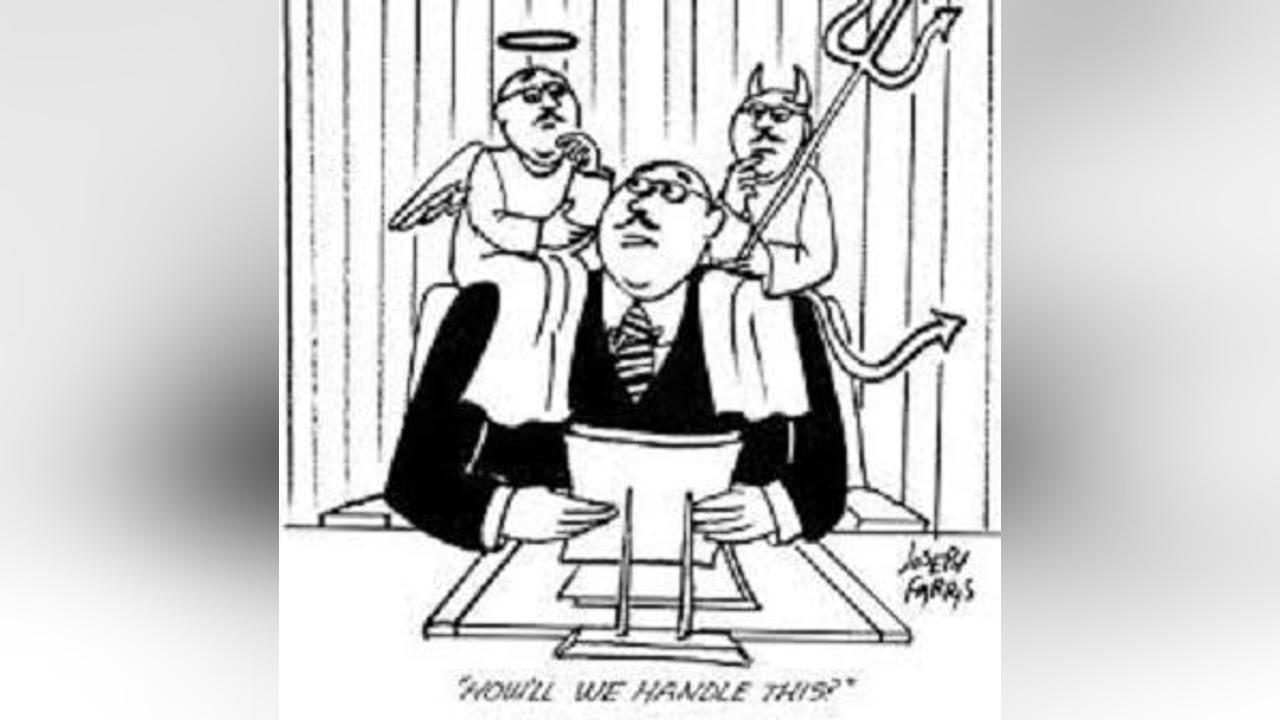Africa-Press – Mauritius. Prime Ministers are typically reluctant to dismiss their own ministers as they need to maintain support from key factions within their party, and thus avoid putting their own position in jeopardy.
This becomes even more complicated when the minister in question is a relatively popular figure in a crucial rural constituency, which returned three MSM candidates in the 2019 elections and fell the main challenger of the Pravind Jugnauth: Navin Ramgoolam.
Besides, the consequences that may follow may endanger the re-election chances of the governing alliance/party next time round. These considerations, however, seem not to have influenced the Prime Minister’s decision in the revocation of former Agro-industry minister Vikram Hurdoyal.
We would like to think that the Prime Minister meticulously weighed all possible consequences before making his decision. With a comfortable government majority, Pravind Jugnauth might have deemed Vikram Hurdoyal politically “expendable,” perceiving him as not contributing any significant value to his administration.
On the other hand, given the Prime Minister’s position as the most well-informed individual in the country, thanks to daily briefings from the National Intelligence Unit, he would likely have been apprised of any actions, commendable or otherwise, by Vikram Hurdoyal.
Nevertheless, the former minister’s abrupt dismissal has fuelled rampant speculation, and the absence of official explanations has contributed to the proliferation of rumours.
One such rumour suggests that the ousted minister had been contemplating the idea of defecting to the Opposition. In any case, whatever the reasons for Hurdoyal’s dismissal, the Prime Minister seems to have shot himself in the foot.
He is no longer in control of the electoral agenda. According to Article 35(3) of the Constitution, the resignation of a Member of Parliament triggers the issuance of a by-election “writ” within 90 days unless Parliament is dissolved earlier.
If the government acts within this timeframe, the by-election could take place as early as August 13, 2024. However, the maximum period for the by-election is set at 240 days, culminating by October 13, 2024.
Given that Parliament is set to automatically dissolve in late November 2024, the prospect of holding a by-election just before scheduled general elections poses substantial risks for the government.
Opposition parties are already fine-tuning their strategies to leverage the public’s discontent with issues affecting them in their daily lives. If history were to serve as a guide, the echoes of the 2003 by-election to replace SAJ in constituency no. 7 would ring loud.
The Labour Party’s victory in that by-election paved the way for their success in the subsequent general elections of 2005 and 2010. To avoid a similar scenario, the ruling MSM may choose to skip the by-election in constituency no. 10 and fast-track legislative elections after presenting a populist budget this year.
For More News And Analysis About Mauritius Follow Africa-Press







